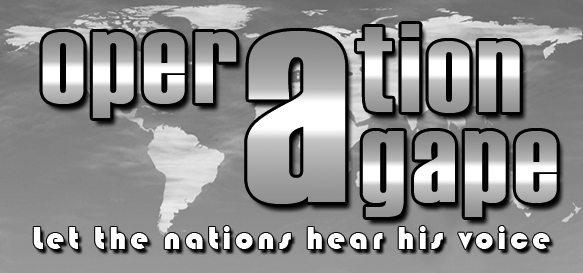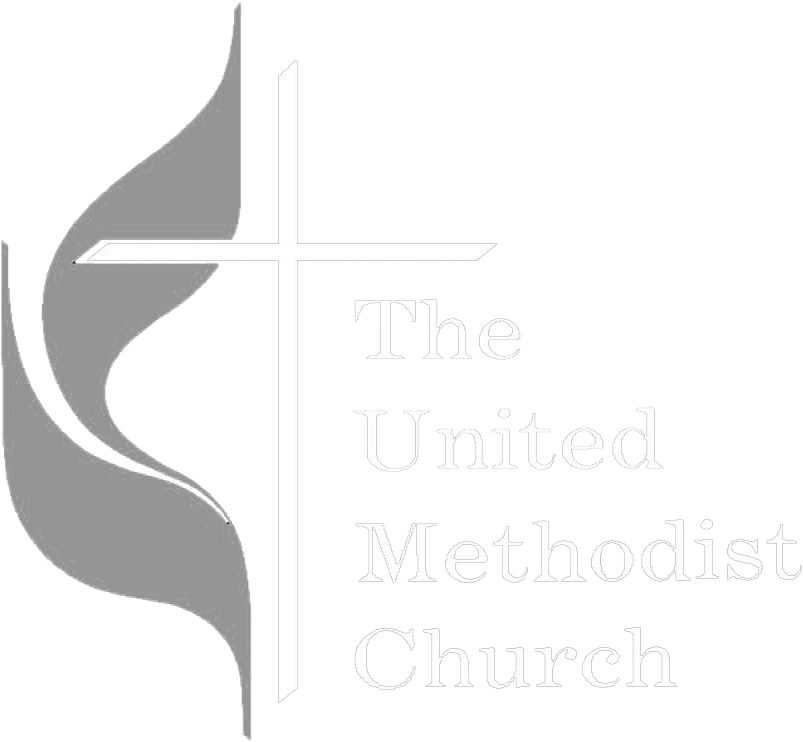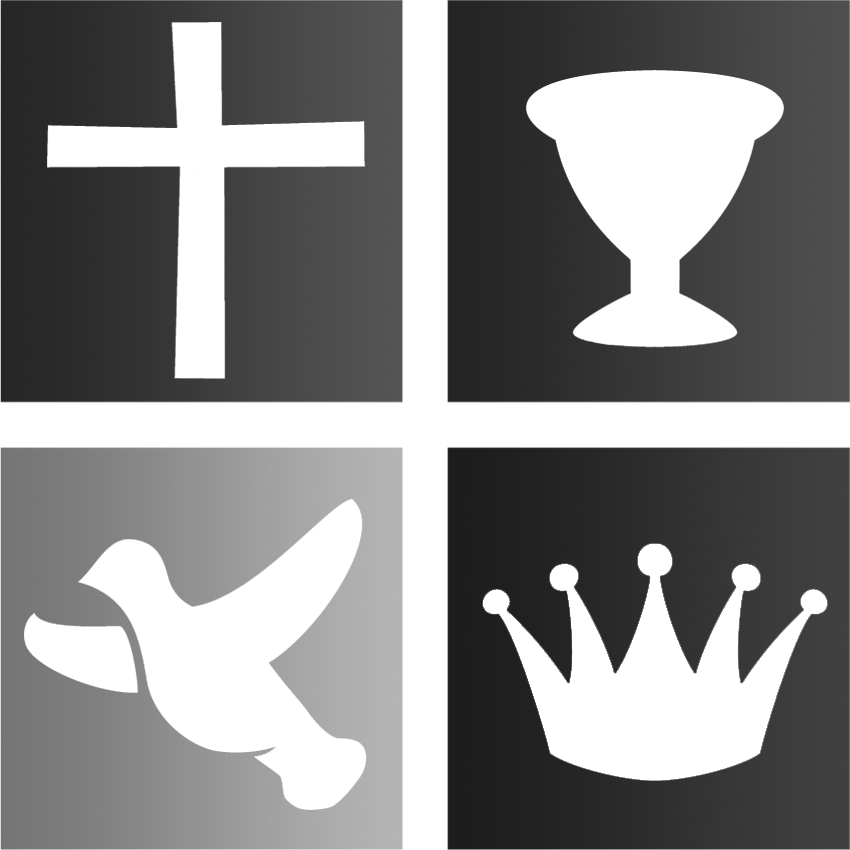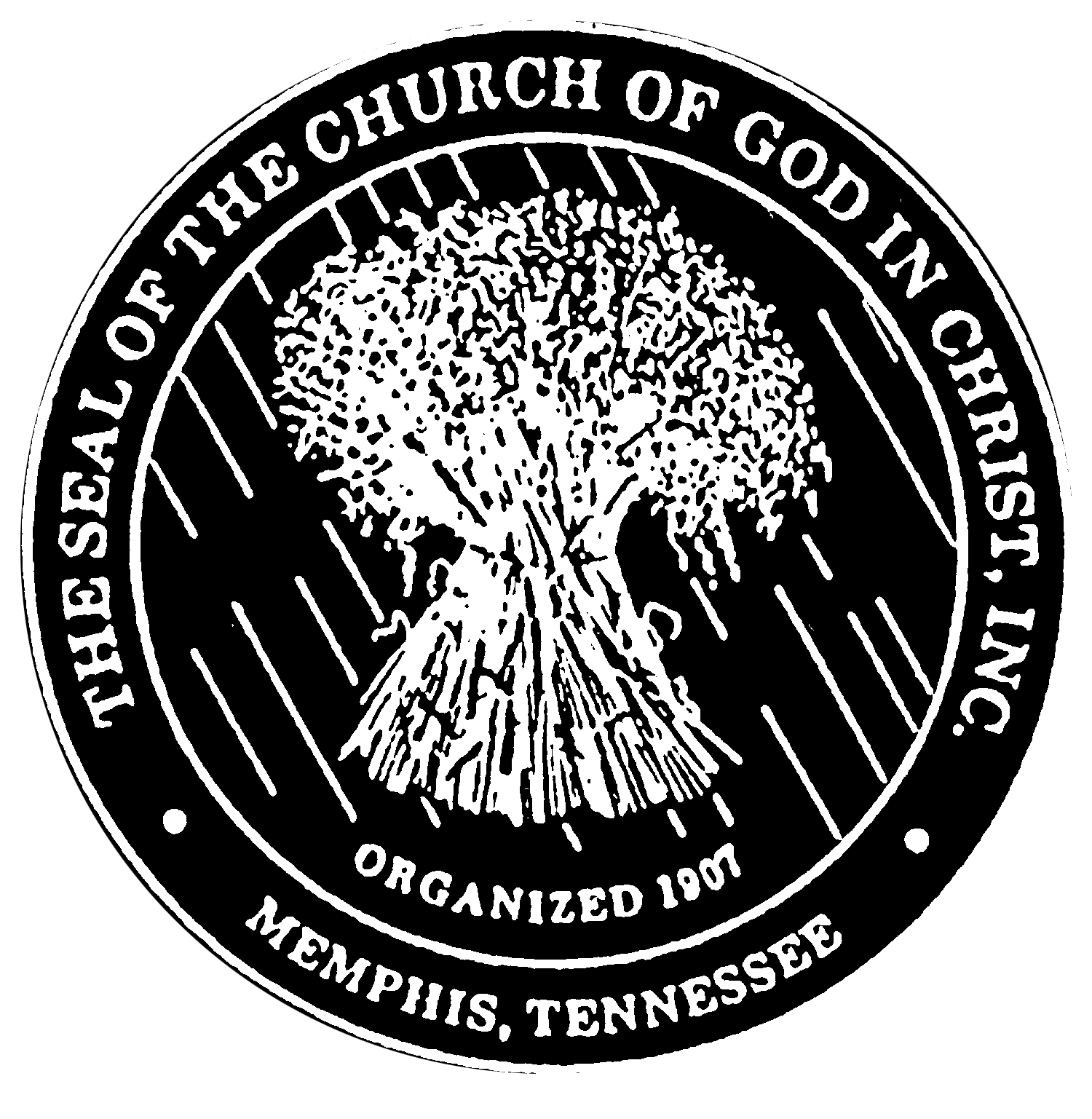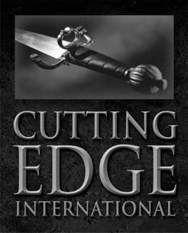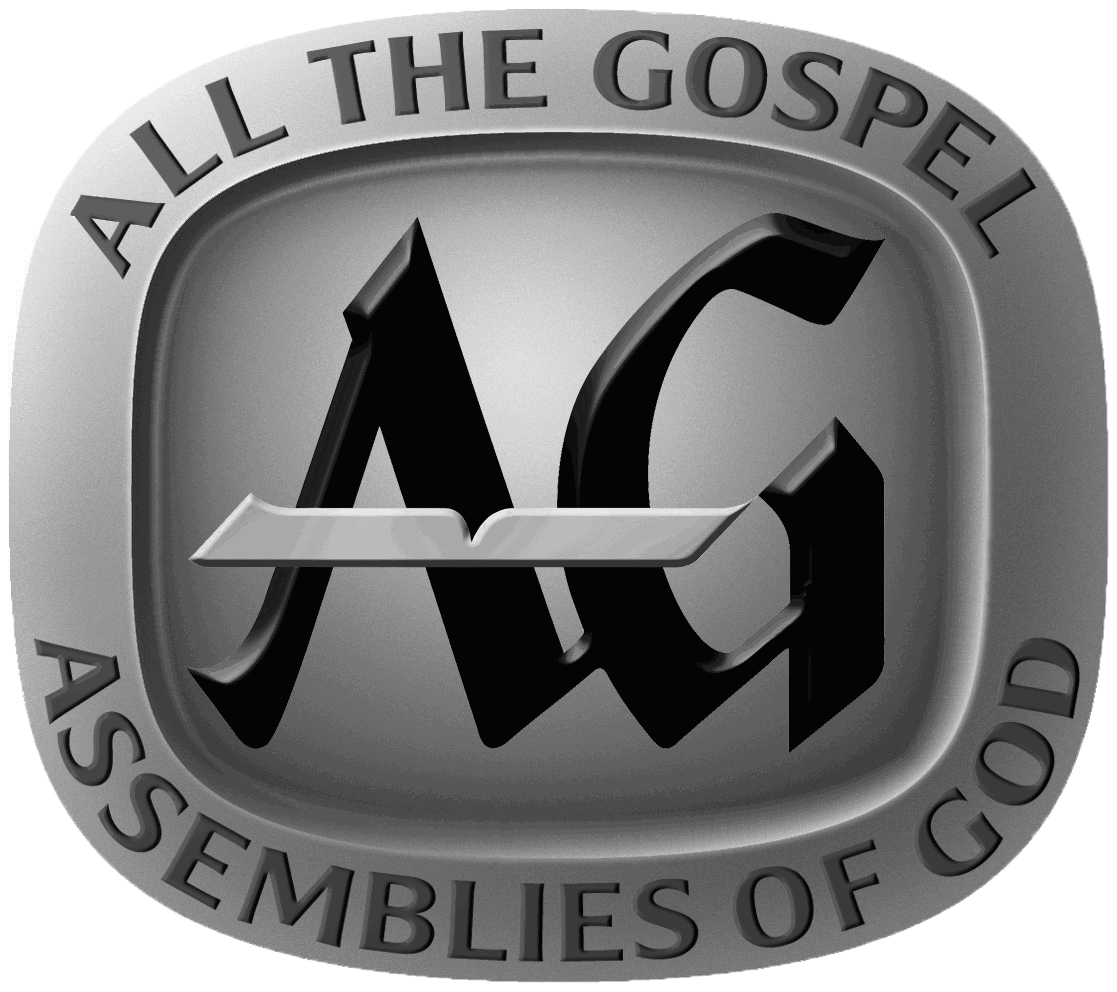The Most Important Thirty Seconds: Colossians Series #7

Colossians sets forth for us the fullness of the Lord Jesus Christ and our completeness in Him. In Colossians 2:9-10, you find the heart and the center of what this particular book is trying to say to us. “For in him (Jesus) dwells all the fullness of the godhead bodily, and you (believers) are complete in Him who is the head of all principality and power.” Our life makes sense, when we understand the fullness of Christ and understand we are complete in Him.
 There are three overarching truths set forth in Colossians. First, in chapter 1, there is set forth the sufficiency of Christ. Second, chapter 2, sets forth the deficiency of cults. Third, in chapters 3 and 4, we see the efficiency of Christianity. Jesus Christ is set forth as the absolutely, totally sufficient One. When you come to know the Lord Jesus Christ you have in Him everything necessary to make your life what it really ought to be.
There are three overarching truths set forth in Colossians. First, in chapter 1, there is set forth the sufficiency of Christ. Second, chapter 2, sets forth the deficiency of cults. Third, in chapters 3 and 4, we see the efficiency of Christianity. Jesus Christ is set forth as the absolutely, totally sufficient One. When you come to know the Lord Jesus Christ you have in Him everything necessary to make your life what it really ought to be.
In Colossians 1:15, we see the Lord Jesus Christ who is God in the flesh. He is Christ, the One and Only above the creation. Next, we learn He is Christ, the One and Only over the church. In Colossians, 1:20, we read that Jesus Christ is the One and Only on the cross. Did you notice how quickly we get to the cross? It is at the cross where it all comes together. At the cross, holy God makes it possible for a sinful man to know Him personally.
The cross is at the very center of the Christian life. The ramifications of the cross are universal, eternal, and deeply personal. We will never fully understand everything that took place at the cross until we are in the presence of God Himself. But at the cross, many eternal, universal, and personal ramifications took place.
One of those is reconciliation. In verse 20, Paul says, “by the blood of his cross, he reconciles all things unto himself.” In verse 21, he says, “and you hath he reconciled.” Reconciliation is one of the truths in the Bible that tells us just how very special the work of Christ on the cross is to you and to me. Reconciliation is connected with the restoration of a broken relationship.
The Bible says because of what Jesus did on the cross of Calvary you and I, who were enemies of God, have now been reconciled. In the Garden of Eden, before sin entered, man and God were face to face. Adam and Eve sinned and when they did, they turned their backs on God. They became hostile to God. They became enemies of God. Now, God continued to be love them. John 3:16 says, “For God so loved the world that he gave his only begotten son…” But man became a rebel against God. Man turned his back on God so there was a breach in the relationship because of sin.
That does not mean that God is hostile toward you. God has never had a hostile or hard thought toward you. But man cannot say he has never felt had hostility toward God. God has never questioned His love for us. It has been unchanging. But our love, in response to God, has been wrecked by sin. Have you ever had a hostile thought toward God? Think about man and his alienation from God. Man, who says, “Why did you make me this way?” Man, who says, “Why did you let my little baby die?” Man, who says, “Why didn’t you answer my prayer?” Man, who says, “Why did you let my business fail?” Man, who says, “Why did you let this relationship in my life be broken?”
Thus, God had to do something in order to reconcile man to Himself. Our text teaches us how this mighty reconciliation took place for us.
I. We Need To Remember The Price He Paid
 In 1:20, we read, “Having made peace through the blood of his cross. Verse 21, “…Yet now has he reconciled in the body of his flesh.” He paid the price of His own body of flesh. He made it possible for you and me to be reconciled because He paid the price of His own body.
In 1:20, we read, “Having made peace through the blood of his cross. Verse 21, “…Yet now has he reconciled in the body of his flesh.” He paid the price of His own body of flesh. He made it possible for you and me to be reconciled because He paid the price of His own body.
In that day, there were false teachers who said that Jesus Christ was not really a person. They said he was just a phantom or a ghost. In fact, some said when Jesus walked, He didn’t even leave a footprint. But the Scripture here teaches us that Jesus Christ died in the body of His flesh. Jesus died in a real body.
I Peter 2:24 says, “He his own self bare our sins in His own body on the tree.” When Jesus Christ died on that cross, he suffered in a real body. When the nails were driven in His hands, they hurt because He had a real body. When the spear was thrust into His side it was painful because it was a real side. When the crown of thorns was pressed on his head, it was excruciatingly painful because He suffered for our sins “in his own body.”
The Bible says, “Behold the lamb of God who takes away the sin of the world.” Where did Jesus take our sins in that body? He carried our sins as far as the east is from the west. When He bore our sins in that body, He carried our sins away. So, He suffered in a real body of flesh.
Additionally, He also suffered and paid the price with His real blood, the “blood of His cross.” There was only one ingredient that could pay the price for our sins and that was the blood of Jesus. The Bible says “without the shedding of blood there is no remission of sin.” That is an eternal principle in God’s moral universe. Without the shedding of blood, sin could not be forgiven.
When Jesus went to that cross and when His blood was shed and poured down His body and congealed in pools in the dirt around the cross, He was paying the price for our sins. Revelation 1:5 says, “Unto him who loved us and washed us from our sins in his own blood.” Ours were the sins, His was the blood. Jesus paid the price with His own blood. The price He paid was His own body and His own blood.
II. We Need To Receive The Peace He Made
 In Colossians 1:20, we read, “having made peace through the blood of his cross, by him to reconcile all things unto himself.” Restoration of broken relationships. He says he made peace by the blood of his cross to reconcile all things unto himself. When sin entered the universe in the garden of Eden, when Adam and Eve disobeyed God, the Bible says that the whole universe was thrown out of kilter. That’s why you see thorns and thistles in plant life. That’s why you see claws and fangs and the fierceness and brutality of animals. That’s why you see the world wobbling on its axis. The whole universe was thrown out of kilter when sin entered the universe.
In Colossians 1:20, we read, “having made peace through the blood of his cross, by him to reconcile all things unto himself.” Restoration of broken relationships. He says he made peace by the blood of his cross to reconcile all things unto himself. When sin entered the universe in the garden of Eden, when Adam and Eve disobeyed God, the Bible says that the whole universe was thrown out of kilter. That’s why you see thorns and thistles in plant life. That’s why you see claws and fangs and the fierceness and brutality of animals. That’s why you see the world wobbling on its axis. The whole universe was thrown out of kilter when sin entered the universe.
When Jesus died on that old cross, He made possible a peace that would reconcile universally the very universe. Romans 8 says “for the creation was made subject to vanity, not willingly but by reason of him who has subjected the same in hope, (talking about the universe being fallen) because the creation itself also shall be delivered from the bondage of corruption into the glorious liberty of the children of God. And we know that the whole creation groans and travails in pain together until now.”
When Jesus made peace on the cross, He made possible a universal reconciliation. There will be a day when Christ will restore the universe to its original harmony. That’s why the Bible tells us about a wonderful millennium reign of Jesus. One of the days, the Bible says, there will be no universe that has been shaken by sin. It will be a perfect universe.
Christ made peace universally. The question is raised–is everybody going to be saved? No. It does not mean that everybody is going to be saved. Look at the rest of verse 20, “…by him, I say, whether they be things in earth, or things in heaven.” Many times, when you see that kind of terminology used you find it like this.
In Philippians 2:10 we read, “At the name of Jesus every knee should bow, of things in heaven and things in earth and things under the earth.” In Colossians 1:20, “by him, I say whether they be things in earth, or things in heaven.” What doesn’t he mention? He doesn’t mention “under the earth.” Not everybody is going to be saved. Now, there will be universal subjection to the Lord Jesus Christ, but there will not be universal conversion. Nobody comes to Christ apart from repentance of sin and faith in the Lord Jesus. There is universal redemption in that the possibility, the potentiality of salvation is there.
In Colossians 1:22, we find personal reconciliation. “And you, that were sometime alienated and enemies in your mind by wicked works, yet now hath he reconciled.” Who is he talking to? Saved people. He’s talking about people who have repented of their sins. He’s talking about people who have received Jesus Christ into their hearts and lives.
Who were we? He says “ye were sometime alienated…” That means someone who is out of fellowship and intimacy with God. Paul says that mankind was, “and enemies in your mind by wicked works.” That’s a statement of what it means to be lost. That’s a statement of man’s condition before he is saved, before he experiences this reconciliation.
 Have you ever had an enemy? It is an awful things to have an enemy. Here’s a soldier on a battlefield. Just ahead of him, he has an enemy. He sees the puffs of smoke around. He hears the planes flying overhead and shells are whining by him. He has an enemy. Just in front of him, there is an enemy who is getting ready to try to kill him. He wants to have his way. You want to have your way. You have an enemy. What a terrible, terrible thought. An even worse thought than that is to think that God might be your enemy. To think that you might be in hostility to God. God is not hostile to you, but the Bible says we were hostile to God. We were alienated from God. It was not God’s doing. God didn’t want us to be alienated. God is not our enemy; we are His enemy. We are looking at God as our enemy.
Have you ever had an enemy? It is an awful things to have an enemy. Here’s a soldier on a battlefield. Just ahead of him, he has an enemy. He sees the puffs of smoke around. He hears the planes flying overhead and shells are whining by him. He has an enemy. Just in front of him, there is an enemy who is getting ready to try to kill him. He wants to have his way. You want to have your way. You have an enemy. What a terrible, terrible thought. An even worse thought than that is to think that God might be your enemy. To think that you might be in hostility to God. God is not hostile to you, but the Bible says we were hostile to God. We were alienated from God. It was not God’s doing. God didn’t want us to be alienated. God is not our enemy; we are His enemy. We are looking at God as our enemy.
The Apostle Paul teaches us what God did. The Bible says “you who were alienated and enemies in your mind by wicked works, yet now hath he reconciled.” How did He make peace? How did He make that reconciliation possible? He says here we were alienated in our minds. That’s the inward attitude. Then, he says by wicked works. That’s the outward lifestyle.
We see sin in many, many places. Sin is presented in countless places in Scripture. In the garden of Eden, you can see sin. There you see Abel lying in a pool of his own blood. Sin is to blame. Or you go to the days of the flood;. you see those floating, bloated bodies in the water. Sin is to blame. We can go to Sodom and you see the smoke belching up from the ashes and ruins of Sodom. Sin is to blame. If you really want to see your wicked works, if you really want to see where sin is sin, go to the cross of Calvary and see Jesus dying on that old cross. See Jesus suffering on that old cross. Jesus Christ bore our sins in His own body on the tree. That’s what sin did. Sin put Jesus to the cross of Calvary.
When Jesus bore our sins on the cross, the Bible does not say He was made a sinner. It’s even worse than that. In II Corinthians 5:21, Paul tells what happened to Jesus on the cross. We read, “For he hath made him (God made Jesus) to be sin for us, him who knew no sin that we might be made the righteousness of God in Him.” When Jesus died on the cross, He was not just made a sinner. He was made SIN for us. Him who knew no sin made sin for us.
Get the picture. In the garden of Eden when man rebelled against God, he turned his back on God. Yet, God continued to love us. God has continued to appeal to us. God has continued to call to us and urge us to be reconciled to Him. In that moment when Jesus bore our sins on the cross, Jesus cried, “My God, my God, why hast thou forsaken me?” In that moment, when Jesus was made sin, the Heavenly Father turned away from His own Son the Lord Jesus. Jesus died alone. Jesus died forsaken on that cross. That’s the peace He made. The price He paid. He made peace by the blood of His cross and “you hath he reconciled.”
It’s kind of like the story of the prodigal son. There’s no picture anywhere that gives a clearer view of who God is and what God is like. The younger son rebelled against the father and demanded that he get his inheritance. He turned his back on his father. What a day it must have been when that boy took off with his father’s goods, with his inheritance. He walked away with his back turned toward his father. There stood his father, with all of the love that he had ever had, still loving that boy. I don’t know how many days that boy was away from the father’s house, but there’s not a day he was away but that the father didn’t miss him and wish he would come home. That boy wound up in the hog pen. That’s exactly where sin will take you if you keep going in that direction. Keep in mind that sin always leads to the hog pen. It may start out in the penthouse, but it will wind up in the hog pen every time. That’s what sin did to that boy and that’s what sin is doing to people in our world right now.
There came a day when that boy got to thinking about his father’s house. He got to thinking about all that food on the father’s table and how good the father was. He said what some of you ought to say. He said, “I will arise and go to my father.” He got up and started heading home. There’s the father waiting on the front porch. He looks down that road that leads to the far country every day. One day he’s looking down that road and he sees a form. He sees someone walking. He can’t hardly recognize him because he doesn’t look like he did when he left. He gets closer and the father recognizes his son. The Bible says the father ran. Isn’t that a picture of God? All you have to do is just take one step toward God and He’ll run toward you. That boy had a speech all made up, but when the father got to him, the Bible says he fell on his neck and he smothered him with kisses and embraced him. He killed the fatted calf; he put shoes on his feet; he put a robe around him; he put a ring on his hand. The boy was reconciled to his father. That’s the peace Jesus made on the cross. That’s what the cross is all about. That’s what He’ll do for anyone who comes to Him.
III. We Need To Recommit To The Purpose He Displayed
 Colossians 1:22 says, “In the body of his flesh through death, to present you holy (set apart) and unblameable (without a spot) and unreproveable (no accusation) in his sight.” That’s the purpose He displayed. He has a great purpose and that is to present you to the heavenly father.
Colossians 1:22 says, “In the body of his flesh through death, to present you holy (set apart) and unblameable (without a spot) and unreproveable (no accusation) in his sight.” That’s the purpose He displayed. He has a great purpose and that is to present you to the heavenly father.
The word, “present,” is used to describe the presentation of an enemy to the king who has conquered him. Imagine a loving king who has a rebellious servant. But this rebel servant doesn’t love the king. He doesn’t appreciate the love and the goodness of the king. He does everything he can to shame the name of the king. He spews hatred all over the kingdom. He causes chaos all over the kingdom. Then, through his own doing, he is conquered. There he lies in front of the throne of the king, in the chains of his own making, utterly defeated, utterly beaten, utterly worthy of the sternest judgment. Then, that loving king steps off the throne and with tears in his eye he comes down to that rebel servant and he stoops and embraces him and says, “O, won’t you be reconciled to me? If you will be reconciled to me I will sit you right on the throne with me. I’ll present you holy just like you’ve never done anything wrong. I’ll present you unblameable like there has never been a spot on your record. I’ll present you unreproveable no accusation in my sight.” A man would be a fool not to accept the offer of a loving king like that.
Isn’t it wonderful to be saved? Isn’t it wonderful to be God’s friend? Isn’t it wonderful to be God’s child? Reconciled by the blood of the cross.
The cross divides the whole human race. There are only two groups in the whole world. There are the saved and there are the lost. In the hospitals–only two kinds of people–the saved and the lost. God went to a funeral home and only two kinds of folks are there atre burial–those who were saved and those who were lost. You come into this service and into this room, there are only two kinds of people here–the saved and the lost. It is the cross that makes the difference.
Do you remember the Roman centurion?. He was a Roman soldier –– a natural enemy of the Jews. I have a feeling he got up the day of the cross and made plans just like usual. He was going to go about his normal job that day. He went out to Calvary and helped them drive the nails in into the hands of the two thieves and the Lord Jesus on that cross. That centurion gambled from the garments of the Lord Jesus. He was an enemy. He didn’t care. Just another Jew dying on a cross. As he watched what took place that day, something came on that centurion. As he saw the things that transpired and as he heard the words that Jesus said, “Father, forgive them for they know not what they do.” “I thirst.” “Into thy hand I commend my spirit.”
Later, the centurion went back to his home. His wife could sense that something was bothering her husband. She asked, “What’s wrong with you? You’re different. You aren’t the same man that went to work out at Calvary today.” I can almost hear that centurion saying, “Well, you know, I have come to believe that truly that man was the Son of God. It wasn’t just a man on the cross, it was God on that cross. He did something on that cross that has changed my whole attitude. I’ll live for Him and serve Him forever.” That’s reconciliation.
General Doolittle led the raid over Tokyo in W.W.II. There was a book “Thirty Seconds Over Tokyo.” There, he described that raid. General Doolittle said, “It seemed as if my whole life I had been prepared for those 30 seconds.
If you don’t’ know Christ, what you do the next 30 seconds will determine the location of your eternal home. If you do know, what you do the next 30 seconds will determine the spiritual level you will lead from for years to come. You and I are living in the greatest generation of all time. Let’s step through the door that Christ has opened for us!








